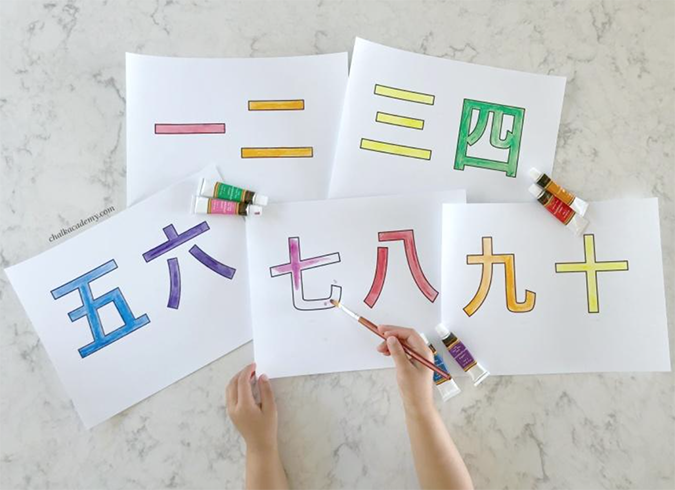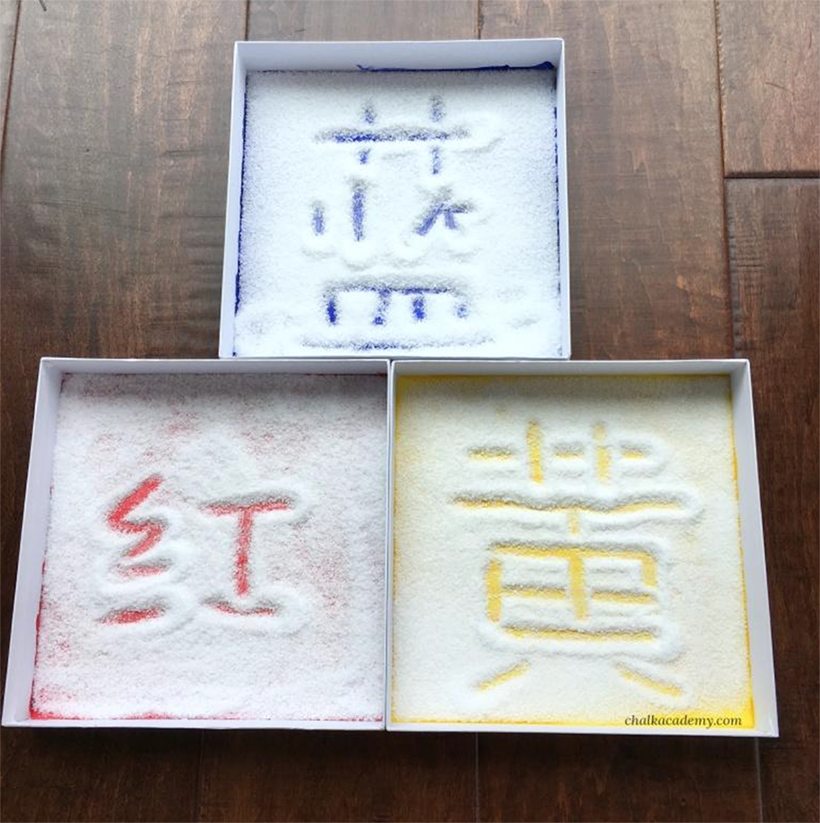The Chinese language, also popularly known as the Mandarin Language, has become a popular linguistic across the globe in recent times. If you want to study the Chinese language, taking notes in Chinese, it is an essential part of ensuring you understand the language better.
Although it may appear somewhat daunting, the reality is that it is quite a simple and hugely effective process when you do it right. In this post, you will find five top tips for taking notes while learning Chinese to help you have a smooth, fun, and productive experience.

Choosing an Active Learning Technique
Before we get into the tips, one important factor worth noting is that there are several language learning techniques. The taking notes process represents the writing/reading technique, with the other three methods being:
- Visual Method
- Audio Method
- Kinesthetic Method
Ideally, you must select your preferred method of learning languages before commencing the Chinese language learning process. Usually, while visual information is an effective method and audio information works quite well for many individuals, they don’t quite do it.
Research proves that individuals who use all available learning channels when learning new material tend to grasp content faster and better. This makes note-taking a significant way to gain information, and here are some tips to help you out, as outlined earlier.

5 Tips for Taking Notes While Learning Chinese
1. Origins Play a Major Role
First and foremost, you need to understand the character origins in your learning process. According to Ms. Zhang, the author of ‘Learning Chinese characters,’ the most effective way to do this is using the drawing method for each evolutionary line.
This method takes you through each character’s unique evolution. It is a note-taking method that works well in helping you understand precisely what you mean to say. It plays the vital role of directing you from abstract notions towards an imaginable thing, which you can memorize much better. Once every character ‘adds up,’ it effectively enhances the process of learning.
In the end, taking notes that distinctly explain a character’s original meaning is more effective than plainly repeating them without the knowledge. People memorize information better when they correctly understand it.

2. Always Remember To Include Example Sentences In Your Chinese Notes
As you make your study notes in Chinese, ensure that you are incorporating example sentences. Characters and words can naturally change their meanings depending on usage or context, which explains the importance of memorizing context as opposed to your first language equivalent.
Also, ensure you create notes of phrases as opposed to separate words. Why? Unlike separate terms, phrases usually establish secure connections between elements, and each time you use one, you can automatically recall the other. With this technique, the learning process transforms into a thoughtful and qualitative method.
Finally, as you choose examples either for a new word or phrase, refrain from copying from your dictionary. Create your sentences as this will help you boost your memorizing skills and help you recall your new phrase faster.

3. Narrate, Listen, and Learn
If you want to assess your learning progress, you need to be frequently telling a story in Chinese. After learning a bunch of words and phrases and writing and reading your notes, try to tell a story.
In a few words, narrate an account (an abstract one to add).
Here, your role is to imagine all that you are writing and bring the story to life. However absurd, or amateur it may seem, narrate it. Jot it down somewhere and read it out loud as you listen to your narration.
You can always get extra assistance from your tutors or online assignment writing companies if you want more ideas on how to create a story. The latter option includes help from professional EssayOnTime with both experience and expertise at languages.
Using this method allows you to remember all the phrases in your notes. It will trigger your memory and help you connect the expression and its meaning once you incorporate one sentence in your speech.

4. Repeat…Repeat…Repeat!
The final tip is using spaced repetition to enhance your learning and memory. Repeatedly going back to your Chinese language notes helps you recall all the crucial details more natural and faster. This repetition technique can boost your chances of learning the language more swiftly than the average recommended time.
Take time to listen to all your recordings and your stories. There are multiple ways you can use this technique to your advantage. The most favored one is repeating your text in half an hour, a day after, several times a week, and so on. You can also make notes within your calendar as it is a practical approach for learning new material.
5. Conclusion
If you want to get better at taking notes while learning Chinese, these few tips are the way to go. Essentially, the idea is to start by identifying your preferred and most effective learning technique, making short notes, using phrases to memorize better, and repeating all your records for recollection.
By following these practices, your Mandarin language experience should be an exciting, informative, and a smooth one.
Good Luck!








0 Comments